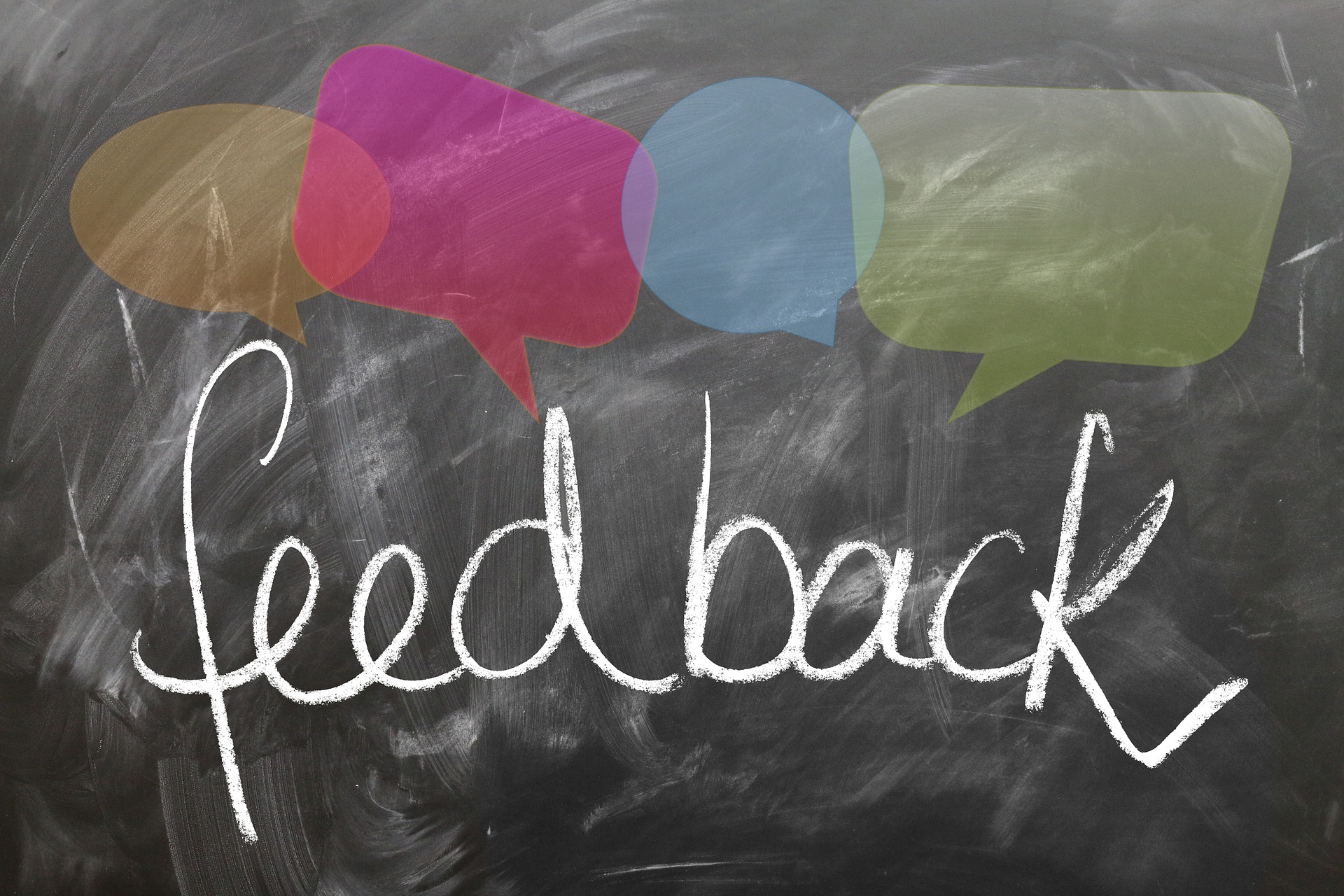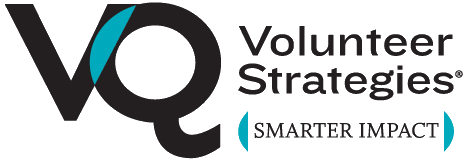Blog: Reduce the Recruitment Challenge: Feedback Key to Gen Z Engagement

As workplaces struggle to hire and retain employees, nonprofits and other mission-driven organizations have parallel concerns regarding recruiting and retaining volunteers. In fact, the term “concerns” doesn’t really cut it. The cries we hear from the field echo more strongly than mere “concerns;” they are resounding worries and fears. Meanwhile, we also continue to see cross-generational blaming that, frankly, can undermine an effort to understand and respect varied workstyles and priorities. While it goes both ways, the easy target is often the younger generation who present the newest challenge to “the ways we’ve always done things around here.”
With the youngest generation (Gen Z) already comprising a quarter of the world’s population and a significant pool of talent for organizations’ mission-driven work, let’s look at one strategy to help keep Gen Z workers engaged at the office and explore the applications for engaging and retaining them in the volunteer arena. What’s the strategy? Feedback.
End-of-year performance reviews are just around the corner and this week’s Mind the Gap column from McKinsey features tips on how to navigate feedback with Gen Z workers, both from the employer and employee perspectives.
Become a Coach, not a Reviewer
First, like all generations, Gen Z workers don’t relish the idea of an annual performance review and, as an antidote to that dread, McKinsey recommends frequent, ongoing feedback. Not only does it reduce the pressures surrounding a year-end performance review, but ongoing coaching improves performance. While Gen Zers are the ones pushing for this, it is, of course, a good practice for all employees. In fact, the article notes, “regular, ongoing feedback is even more critical in a remote-work environment, since employees may be feeling more anxious and disconnected, and managers may be feeling frustrated by a lack of visibility into performance.”
While annual performance reviews for volunteers are the exception rather than the rule, providing feedback remains one of the biggest challenges we see in working with volunteer-involving organizations. Staff are rarely trained to provide feedback to volunteers and in our surveys of organizations, we often find that “receiving training on how to provide feedback to volunteers” is the #1 topic requested by staff who work directly with volunteers. Equipping staff to embrace their role as coaches and provide ongoing feedback to volunteers throughout the year is a beneficial practice. The right kind of feedback is also important. In that regard, Gen Z volunteers desire feedback on both performance and the impact they have on the organization … which leads to the next strategy – honesty and clarity.
Clarity is Key
Gen Zers, like all generations, want to be recognized for what they are doing right, but also value the opportunity to understand areas for improvement. McKinsey recommends “straightforward feedback [to] serve as a road map” so that Gen Z will not only improve performance but also envision themselves as the future of the company as they – and the company – grow.
When it comes to volunteer feedback, this nut is harder to crack. Recognizing volunteers for their impact means getting beyond the traditional hours and dollar value of contributions and communicating the richer (albeit more difficult to reveal) impacts and outcomes that are volunteer-driven. How do their efforts enhance client experience, expand organizational reach, and/or improve efficiencies and operations? Those stories are more motivating than cumulative hours served. Meanwhile, in what areas could the volunteer improve – and in what ways is the organization willing and ready to invest in that development? Would a mentorship help? Additional training? Can you consider tailoring the role to better leverage the volunteer’s strengths? This leads to our third recommendation…
Leverage Gen Z Assets
It’s easy (and far too common!) for older generations to view the youngest newcomers to the workplace as blank slates, just waiting to be filled with corporate or organizational history and culture. But that perspective is not only erroneous; it can be harmful, undermining a collaborative culture and jeopardizing retention.
Gen Z workers and volunteers bring an abundance of valuable skills, experience, and perspectives. Yes, they are the most digitally savvy generation, and their tech skills can benefit an organization. But they also are the most diverse across many measures (race, ethnicity, gender identity, religion, and more) and have the most experience in forging and maintaining inclusive communities. While some may be interested in sharing their coding or social media wizardry, tap into their other assets as well, engaging them to lead teams and initiatives, help shape diversity, equity, and inclusion priorities and practices, and more. In fact, “Gen Z is also deeply concerned with DEI efforts and creating an inclusive environment—critical work that [McKinsey’s] Women in the Workplace 2022 report … found is rarely recognized formally in performance reviews.” Avoid the temptation to pigeon-hold Gen Z into tech roles or any roles, for that matter. Instead, talk to them to discern their talents and interests and consider customizing volunteer roles to fit their availability, skills, and interests.
Feedback is a Two-Way Street
Finally, remember that feedback goes both ways. Especially with the increase in hybrid work, the opportunities to see and comment on work informally are more limited. The proverbial water cooler is gone, or at least visited much less regularly. Therefore, checking in with Gen Z colleagues – whether paid employees or unpaid volunteers – only happens with intention and planning. When you do check in, remember to not only give feedback but also ask for it. Gen Z volunteers will have valuable perspectives on organizational culture, services, and systems. Ask if they are getting the support they need. Do they have access to information and tools to help them be effective. Do they feel a part of the team?
The Big Picture
In recent conversations, recruitment has repeatedly been raised as the top challenge for nonprofit engagement leaders, and it’s tempting to seek out quick fix tactics. But the issue is bigger than that, as evidenced by the high churn of employees in workplaces. Let’s face it, it’s hard to find people because it’s hard to keep people at work – and in volunteer roles as well. Feedback can be one way to more meaningfully connect Gen Z to your mission and sustain a relationship with them over time. Remember, as we more successfully keep people connected to our mission-critical work, the pressures on recruitment will be eased as well.
